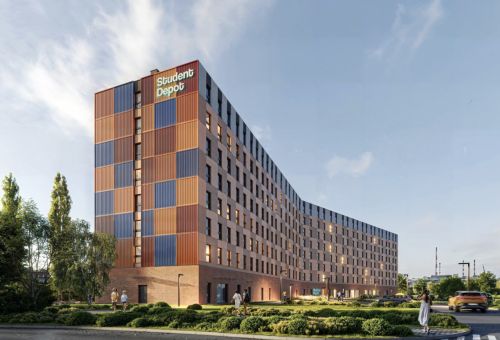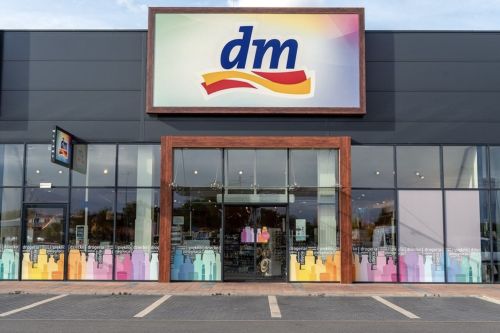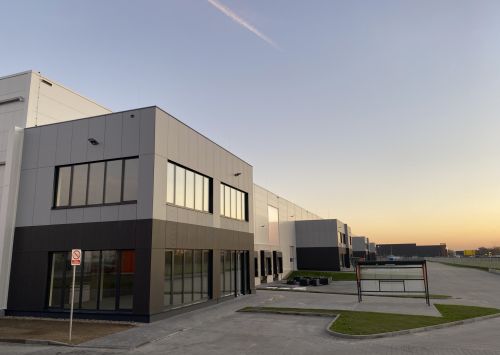The last two years and all the restrictions related to the COVID-19 pandemic have shed a whole new light on the challenges that owners of modern office buildings must face on a daily basis. Certain aspects that had been considered of rather minor importance have now become dominant. The pandemic has also accelerated a number of processes and implementation of solutions that transform work environment. The shift to remote working observed globally has highlighted and reinforced the role of technology in many areas of the economy, including the real estate market. This was particularly evident in the early stages of the pandemic, when we had to adapt to a new reality almost instantly. At that time, we were faced with the challenge of how to “re-build” relationships with tenants and how to work together to create a completely different, new work environment. Technological solutions that were already known in the market, but previously treated as an extra benefit, for instance



























































Strong warehouse sector whilst capital cautious and offices yet to rebound
Strong warehouse sector whilst capital cautious and offices yet to rebound
Poland’s commercial real estate market enters 2026 in good health and with solid growth potential. Warehouses remain one of the strongest sectors in Europe, while constrained ...
Newmark Polska
The end of greenwashing as flex grows in strength
The end of greenwashing as flex grows in strength
The office sector is entering a period of deeper qualitative and financial scrutiny. Decisions regarding new projects, refurbishments, or leasing are now supported by more thorough ...
Walter Herz
The quiet revolution in Małopolska
The quiet revolution in Małopolska
Developers across the region are increasingly favouring heat pumps and photovoltaic systems over traditional gas boilers in warehouse construction. This shift marks a growing commi ...
Axi Immo